Even if you’ve never played it, there’s no doubt that you’ve been impacted by Final Fantasy 7 in some way. It’s one of the most influential video games ever released, and practically every game that has come out after has been affected by it in some way. Plus, new people continue to fall in love with Final Fantasy 7 to this day across several spinoffs, mobile games, remasters, and remakes.
No matter how you look at it, the world of Final Fantasy 7 is special, and Final Fantasy 7 Rebirth really wants you to know that. It’s a big-budget love letter to the series made by fans, for fans, and its passion for the source material is infectious. Rebirth is a theme park of Final Fantasy goodness, and while it doesn’t stick the landing in every regard, it’s a shining reminder of why people love Final Fantasy 7 so much.

Final Fantasy 7, Expanded and Enhanced
Final Fantasy 7 Rebirth picks up where Remake left off. After making their explosive escape, Cloud and company trade the bustling Mako-soaked streets of Midgar for the wide open plains of the planet. On the run from Shinra, the party travels across the world in pursuit of Sephiroth. Just like in the 1997 original, there’s a ton of fun and a lot of heartbreak awaiting them. Just like its predecessor, however, Final Fantasy 7 Rebirth completely reimagines the original game, and there’s a whole lot more to see and do on the global sightseeing tour that the party embarks on.
The tightly directed, linear nature of Final Fantasy 7 Remake was a key force behind its critical acclaim, and such a dramatic shift to an expansive open world could have been a trainwreck. Miraculously, Final Fantasy 7 Rebirth somehow matches the electric setpieces from its predecessor while also offering one of the widest open worlds the franchise has ever seen.
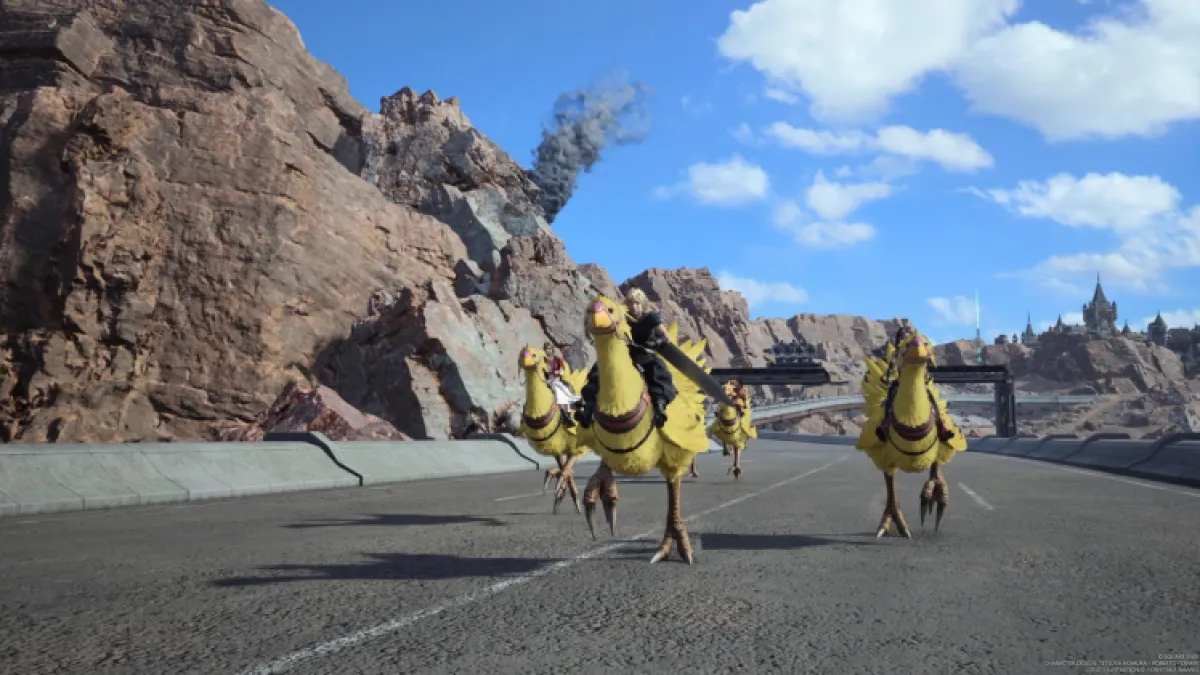
Leaving Midgar in the original Final Fantasy 7 remains one of the most liberating moments in any video game, and it’s one that countless games have tried to recreate. The effect is mostly the same going from Remake to Rebirth, only the six-hour Midgar section from the original was expanded into a 40+ hour standalone RPG so the impact is much, much greater.
Each region has dozens of activities to complete and items to collect. You’ll do the usual open world stuff like activating towers to add new icons to the map or fight groups of enemies at specifically marked locations, but the game rewards you with interesting things like lore dumps or new summons like Alexander or Odin that will help you out in combat. As you complete more activities, you’ll also be able to exchange your survey data for new Materia and items that you can’t get anywhere else.

Unfortunately, the transition to an open world is a bit too much for Rebirth to handle. The initial excitement wears off within the first few hours and the side activities start to overstay their welcome pretty fast. Each zone is absolutely massive, and the number of towers, caches, and random fights needed to fill each region is a bit too high.
Still, each zone has a handful of unique activities (the excellent Fort Condor minigame from Episode Intermission returns in Junon, for example) and new side quests continue to pop up as you progress through the game. You only have to do a handful of each region’s generic side content to get most of the rewards, anyway, and they’re fast enough that you can knock them out while working on odd jobs and more important side quests.

Deeper Strategy, Harder Fights
While the activities available in the open world get repetitive fairly quickly, they remain at least a little interesting thanks to the game’s stellar combat system. The basic framework remains the same as it was in Remake, although Rebirth places a much larger emphasis on enemy variety and forces you to hone your strategy with different party compositions and Materia setups.
The Pressure and Stagger mechanics are much more important this time around, and enemies are much harder to attack unless you capitalize on their weaknesses before going on the offensive. Avoiding certain attacks, exploiting elemental weaknesses, or pressing the attack at the right time is key to success in Rebirth’s battles. Because of this, it also feels like the ATB gauge fills up more slowly than it did in Remake, so you’ll need to be more deliberate with spells and abilities.
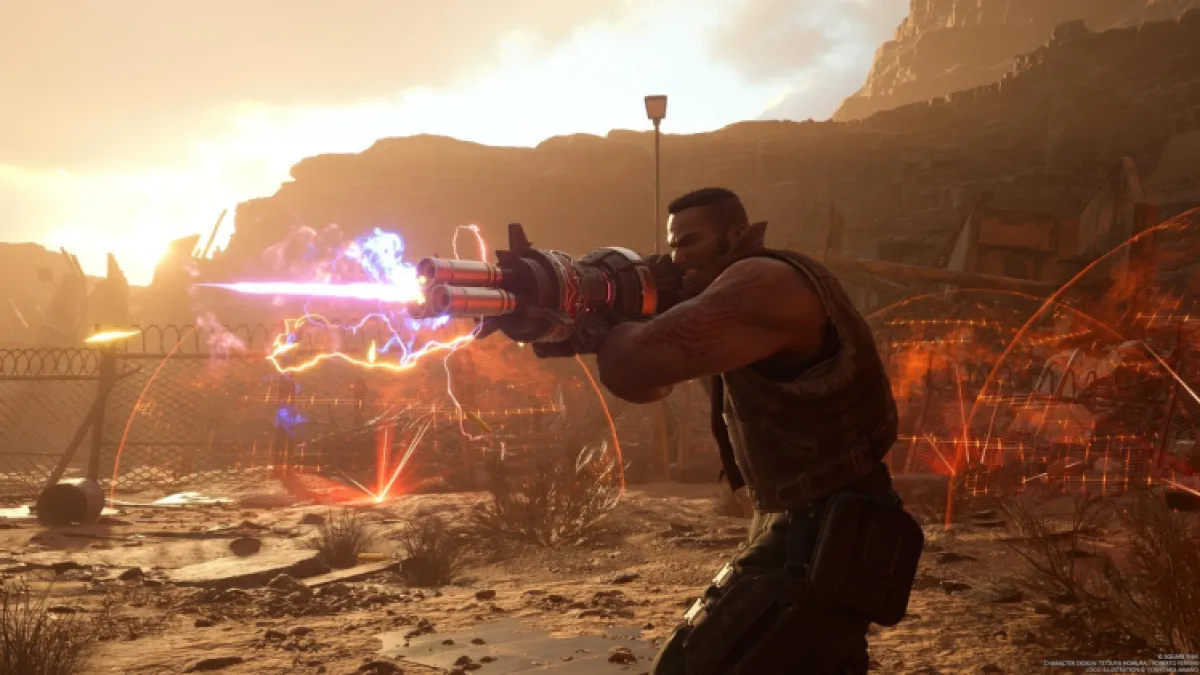
Battle strategies are made even deeper by Rebirth’s new Synergy mechanic, which allows party members to combine their powers for joint attacks during fights. Synergy Skills can be used at any time without any ATB or MP costs, so they’re basically an extension of your basic attacks. Synergy Abilities, on the other hand, require party members to earn Synergy points during battles by activating abilities or casting spells. These points are essentially a separate ATB gauge used specifically for Synergy Abilities, and pulling one off will buff the participating pair of party members in special ways like increasing Limit Break levels, adding a third section to their ATB gauges, or keeping enemies Staggered for longer.
Synergy attacks feel like a gimmick at first, but understanding them is required to succeed in Final Fantasy 7 Rebirth. Flying enemies are much harder to hit in this game, for example, but Cloud can deflect Barret’s bullets off of his sword to take them down from the ground or another party member can launch Tifa into the air to fight them in the sky. There are other uses for Synergy Skills, too. Aerith is incredibly fragile, for example, but she can have someone serve as a bodyguard and draw attention away from her.
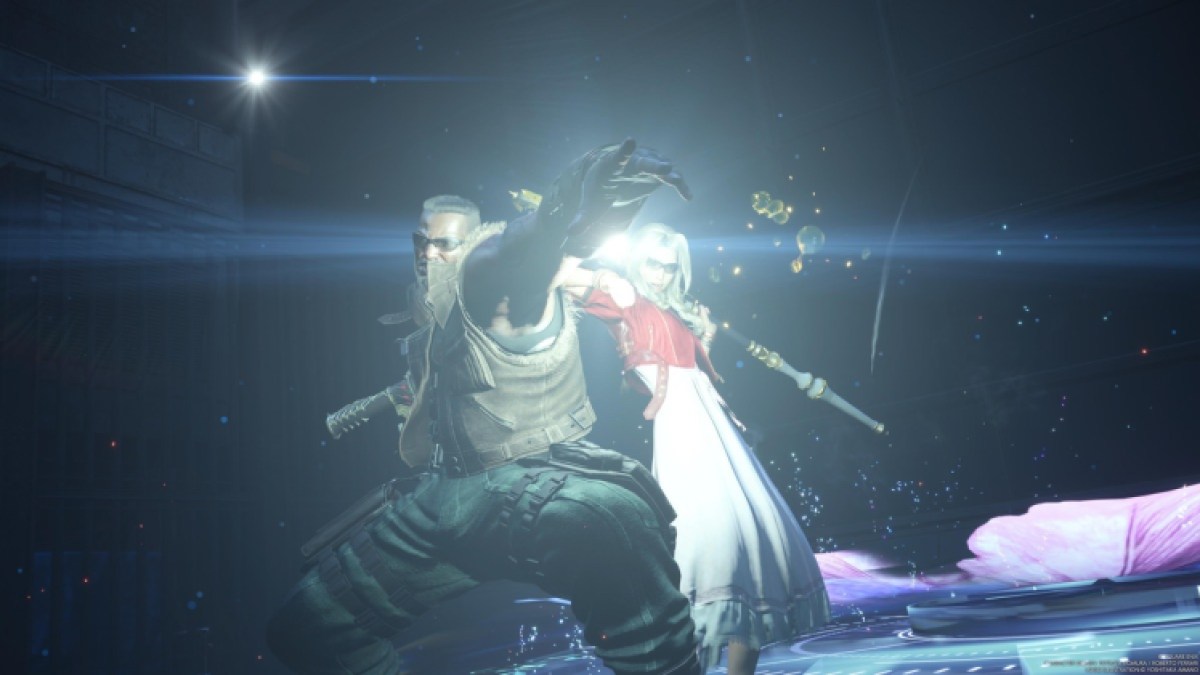
Mixing Synergy Skills into your standard combat rotation makes the party feel like a coordinated unit and gives you even more control over the party members that you aren’t directly controlling during gameplay. Plus, pulling off powerful Synergy Abilities at key moments is not only exceptionally satisfying, but also an easy way to turn the tide of a tough battle.
You’ll unlock more Synergy attacks via the new Folios system, which is how characters are upgraded in Rebirth. Unfortunately, the Folios system is a huge disappointment. Outside of Synergy Skills and Abilities (plus powerful skills that let you unleash elemental attacks without spending MP), there just aren’t that many interesting things to unlock. I’d deliberately ignore upgrade stations quite often even if I had SP to spend. It’s hard to get excited about a 3% boost to attack damage.

Quite a Colorful Cast
While they may not all be playable, Rebirth brings the entire Final Fantasy 7 party together by the time the credits roll. Red XIII, Yuffie, and Cait Sith are the three new playable characters in Rebirth, and everyone from Remake remains playable with new abilities in their arsenal to boot. Vincent and Cid are here too, but they’re being saved as playable party members for the final game in the trilogy.

Rebirth covers about half of the original Final Fantasy 7 story, but each chapter is greatly expanded. Just like in the original game, the search for Sephiroth takes the party all over the world. Some chapters are devoted to fleshing out certain party members, while others are fun for the whole party. Corel and Cosmo Canyon are still incredibly important to Barret and Red XIII, for example, but the game goes all out with places like Costa del Sol and the Gold Saucer to ensure that everyone has their time in the limelight.
Since the parts of Final Fantasy 7 that Rebirth covers don’t have too many important plot moments, the game places the spotlight squarely on its characters. It places a huge focus on getting to know each party member and growing your relationship with them (and not just to prepare for the iconic Gold Saucer date). As big of a cliche as it is, Rebirth is quite literally about the friends we make along the way, and that theme extends into every part of the game. The Synergy attacks aren’t just there for show, after all.
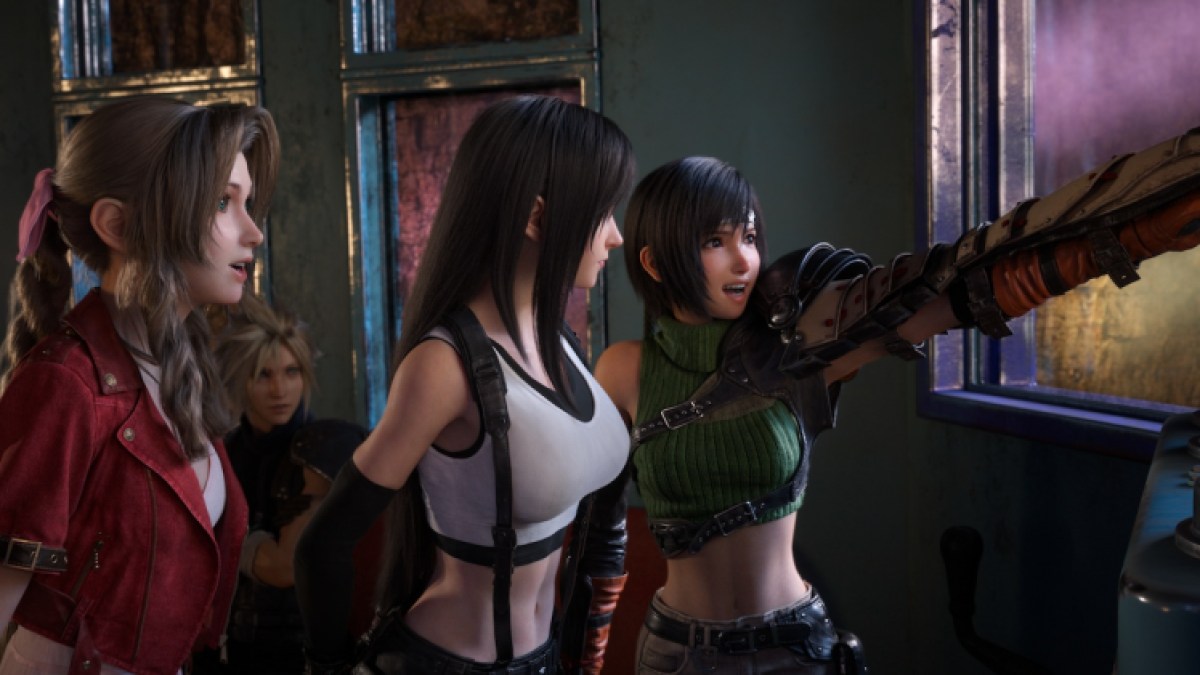
The expanded content isn’t all great, though. When the game is diving deeper into character development and adding new story segments, the new stuff is appreciated. Some of the new combat-focused segments really drag down the game’s pacing, however. There are quite a few linear dungeon sections in Rebirth, and some segments that lasted under an hour in the original game (like the Mythril Mine) have been turned into entire chapters with plenty of padding.
The Verdict
Of course, even at its worst, Final Fantasy 7 Rebirth stands head and shoulders above most other games out there today. It’s a tightly directed RPG with a cast and world that are impossible not to fall in love with. There’s just something special about Final Fantasy 7, which probably explains why it’s getting a trilogy of remakes.
After everything, Final Fantasy 7 Rebirth has done the impossible. The original Final Fantasy 7 is now installed on my PlayStation 5, and despite countless attempts to get through the game before, I now find myself determined to see things through to the end after completing Rebirth. Final Fantasy 7 Rebirth’s greatest strength is not how it reimagines the original game for a modern audience, but rather, how it inspires a modern audience to appreciate the original game.
While the transition to an open world isn’t entirely seamless in Rebirth, its small stumbles aren’t even close to being enough to hinder the overall experience. Even when you’re activating yet another tower for Chadley, you’re still fighting enemies with an incredibly inventive action RPG combat system and listening to some of the most beautiful music you’ve ever heard in your life, all while hanging out with some of the most iconic characters in video game history. Final Fantasy 7 Remake was a shining example of why Final Fantasy 7 is so beloved to begin with, and Rebirth is yet another reminder of why people fell in love with this world all those years ago.
- Deep, challenging combat
- Outstanding visuals and music
- Some of the most lovable characters in all of gaming
- Some pacing problems
- Extremely lame upgrades and progression
- Open world content can feel repetitive

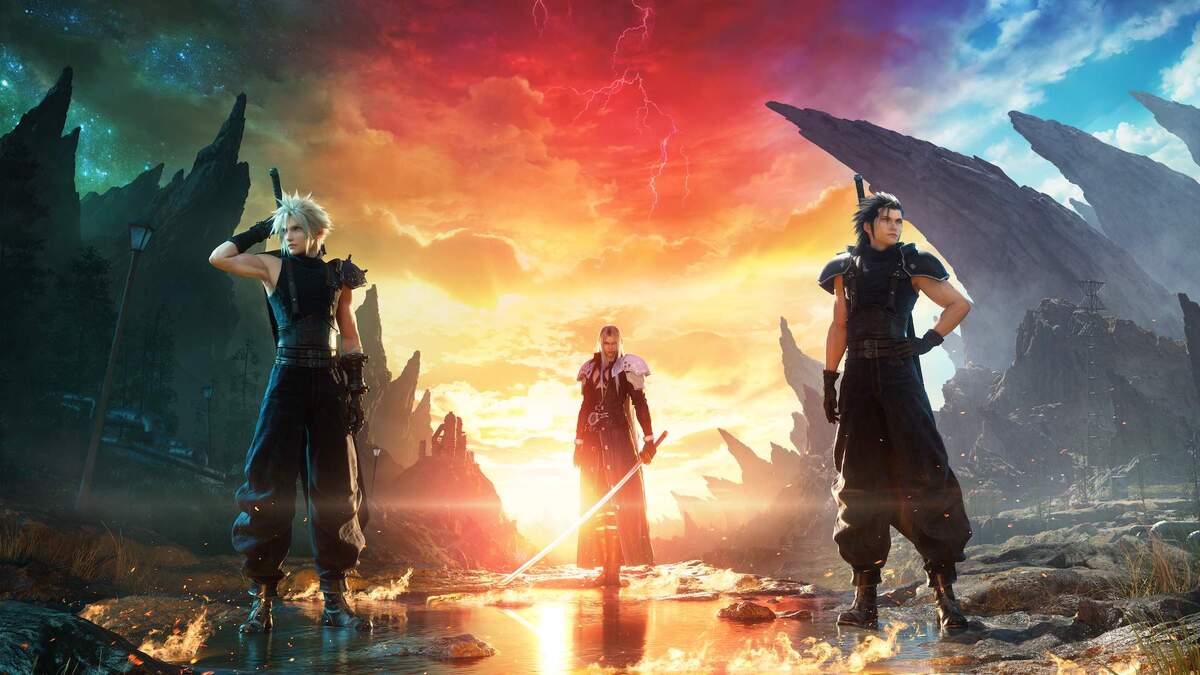



Published: Feb 22, 2024 09:00 am